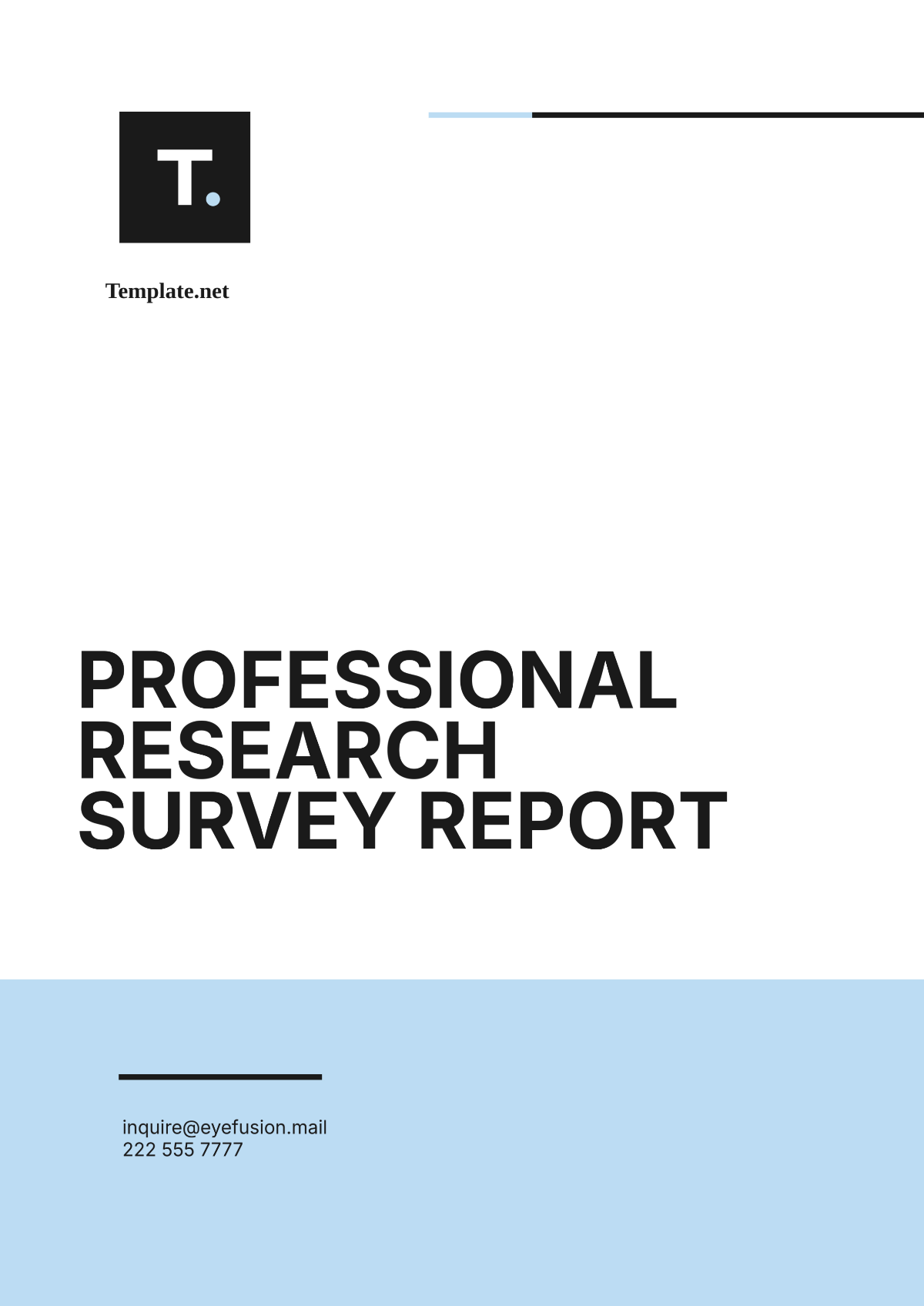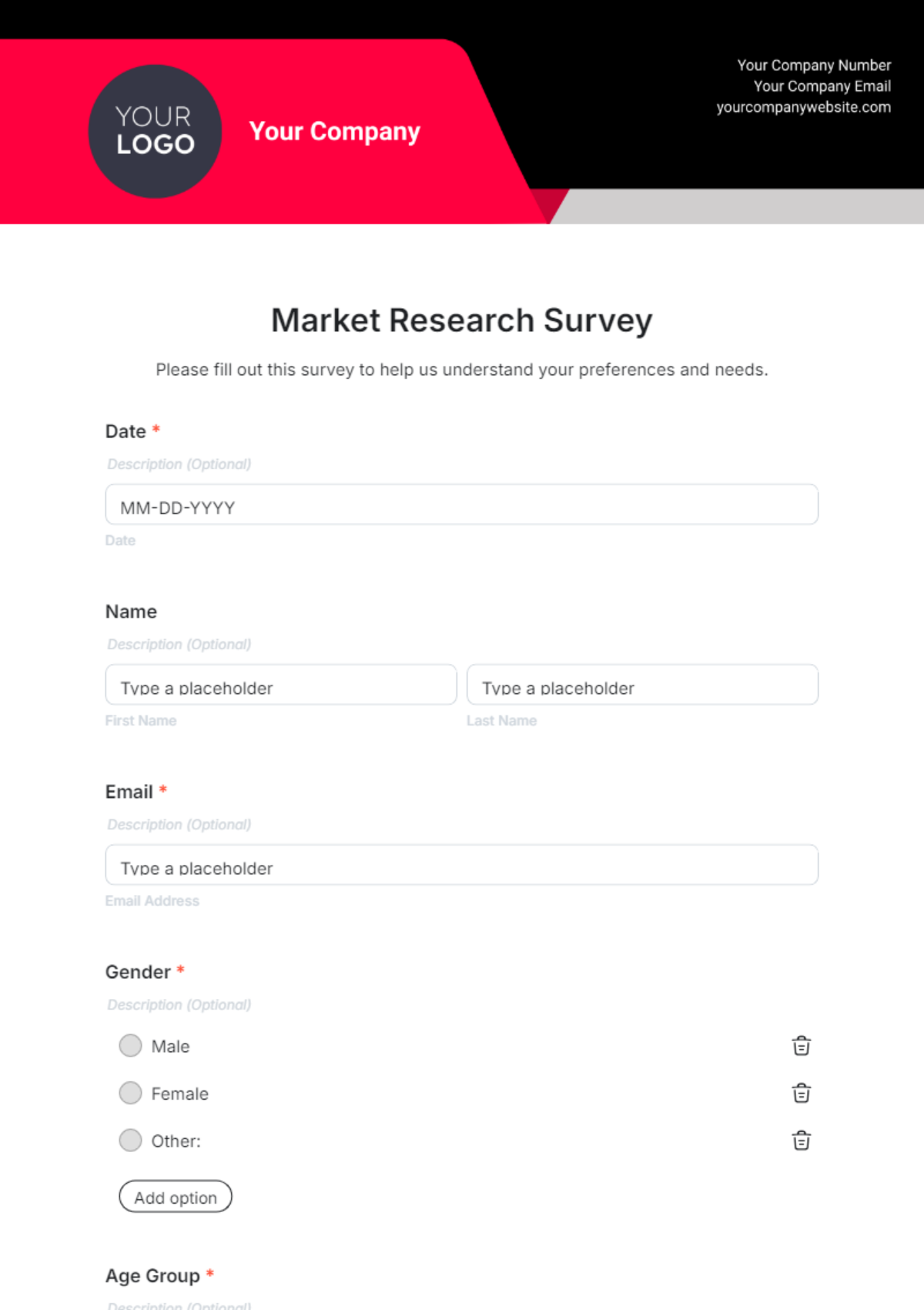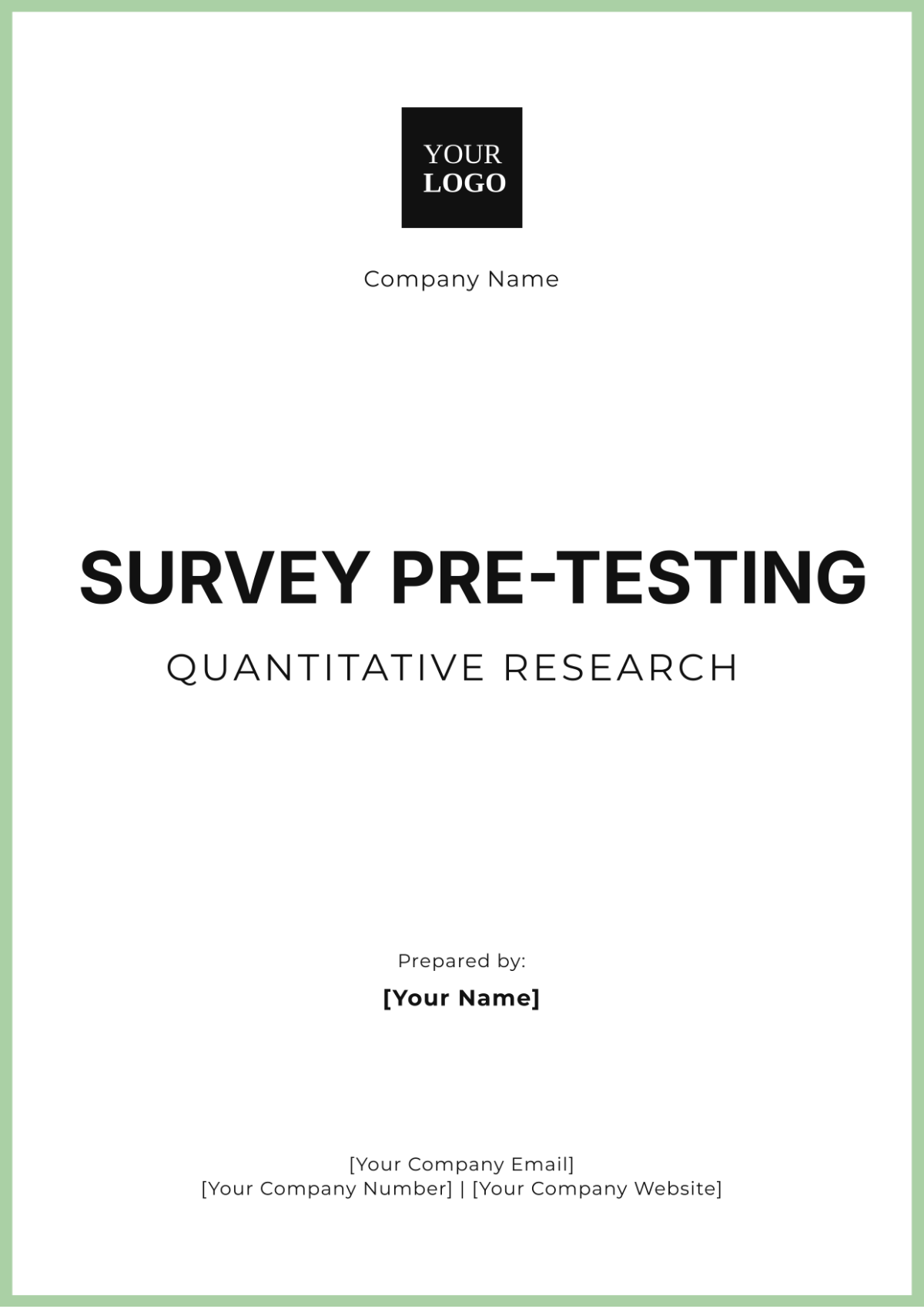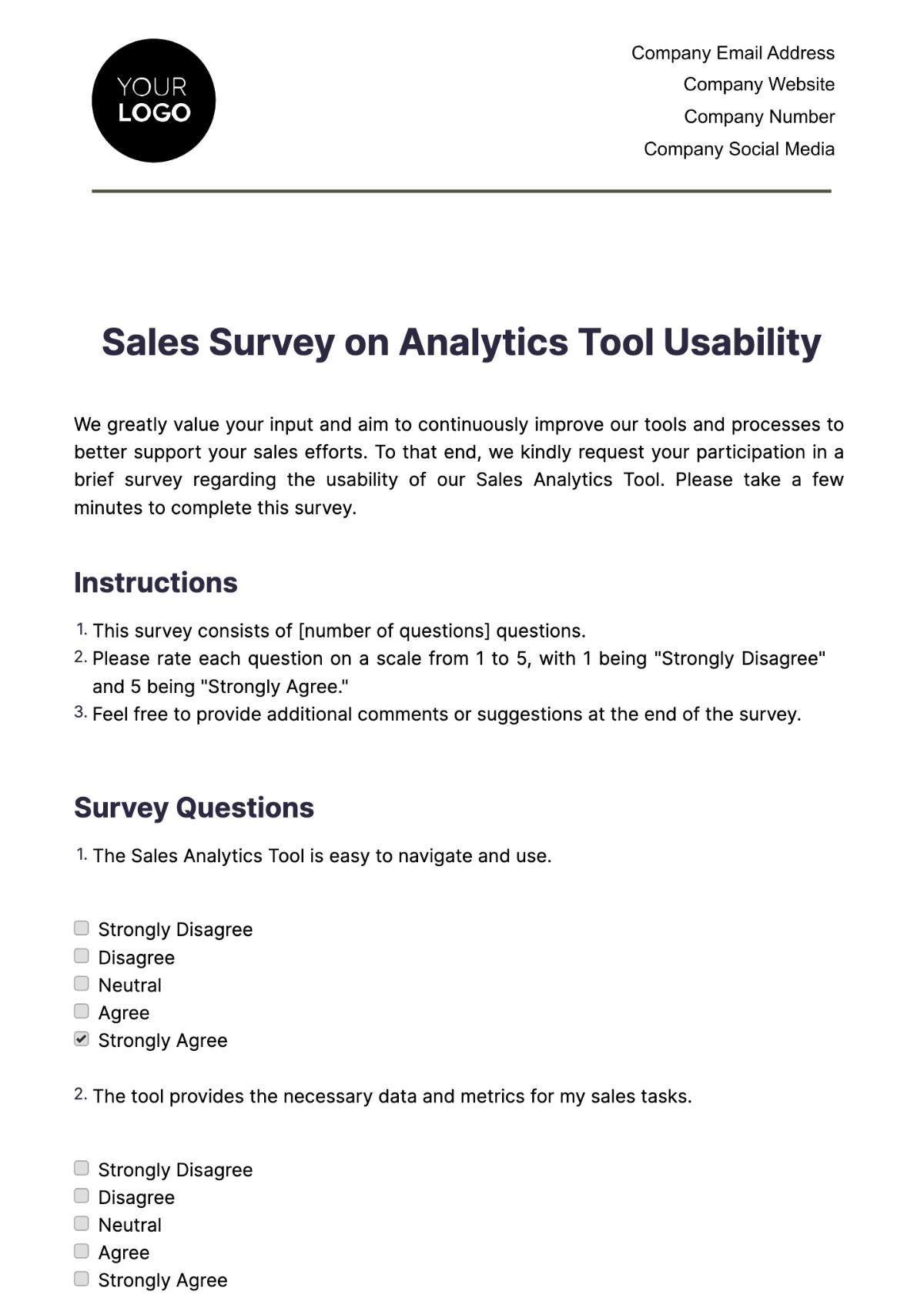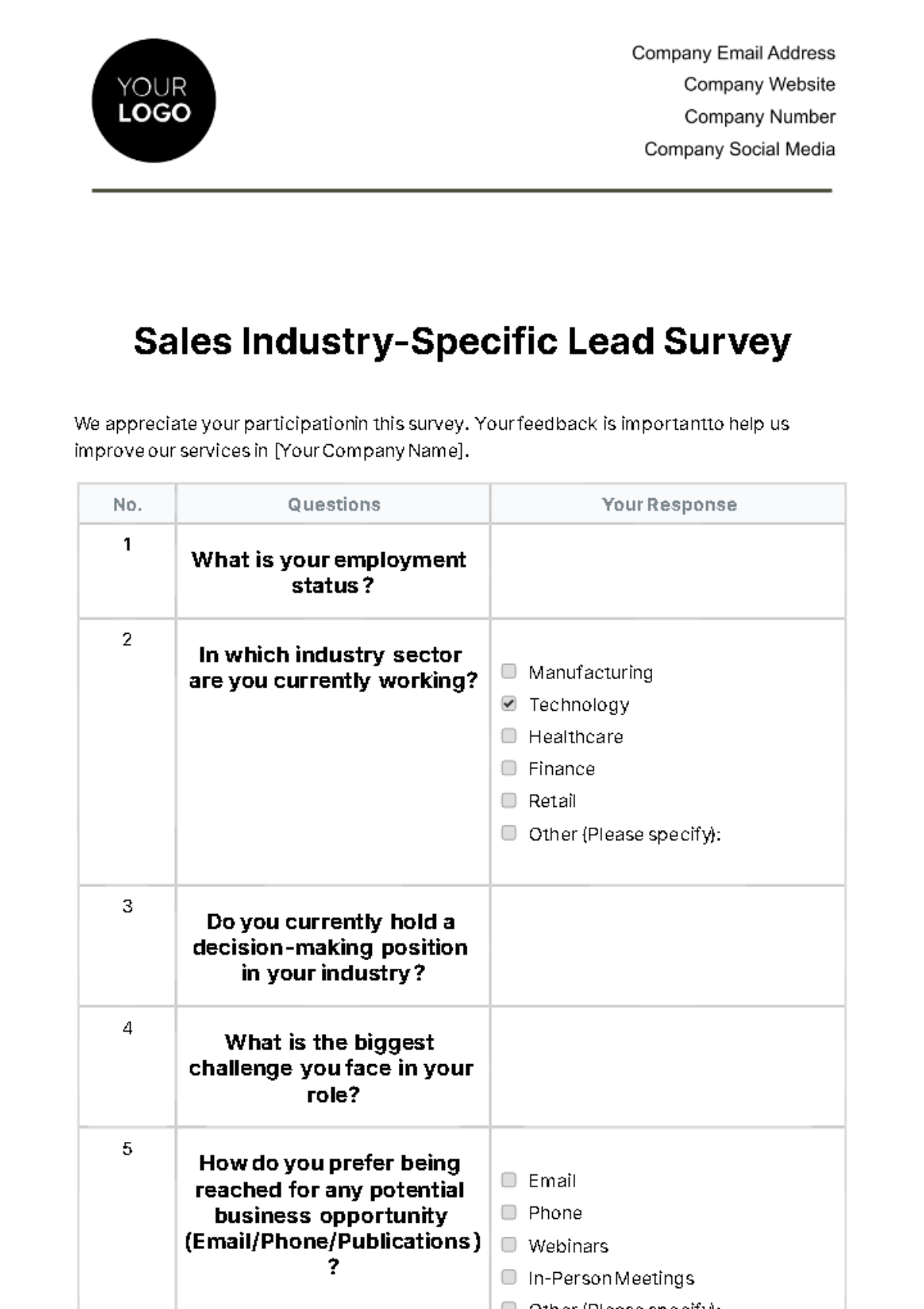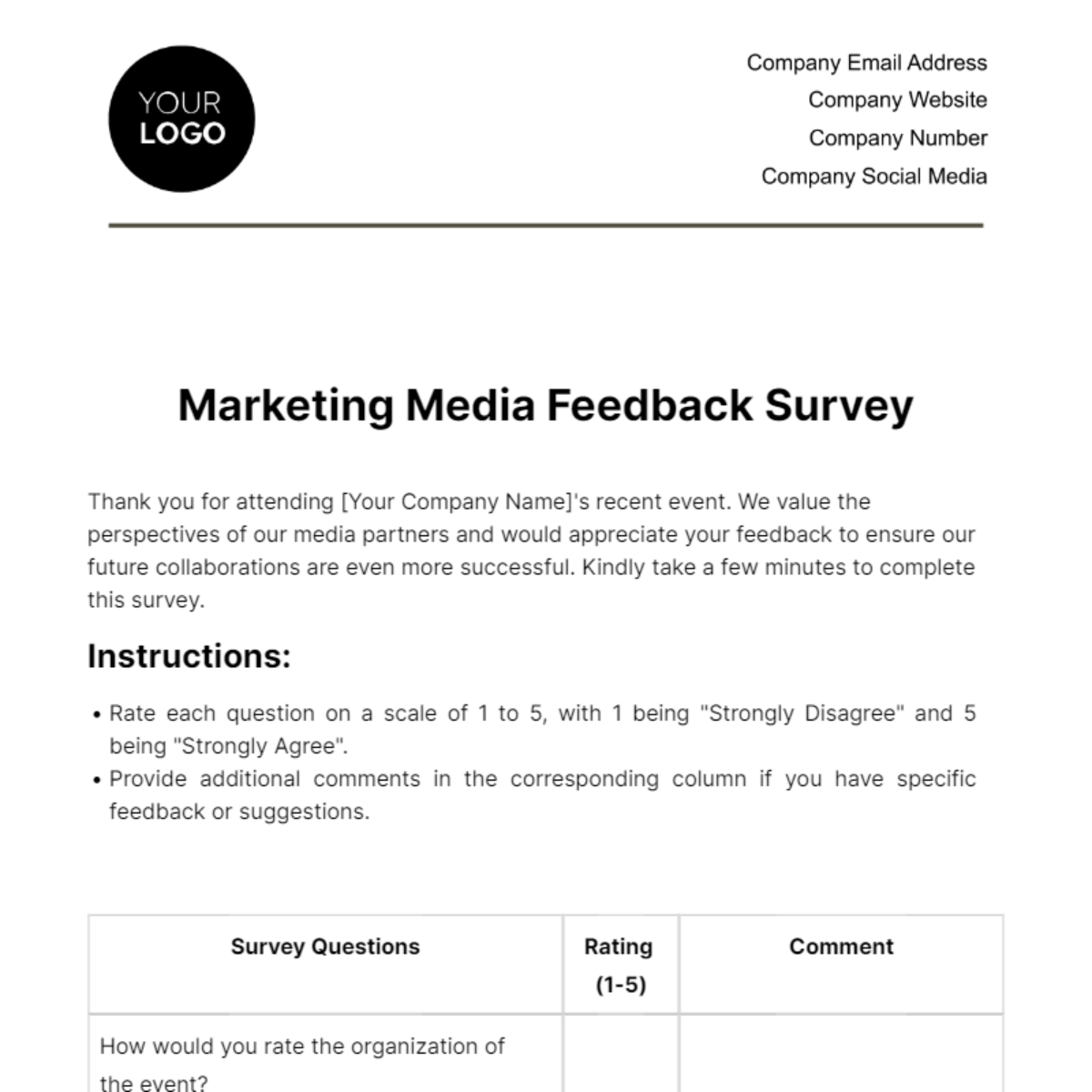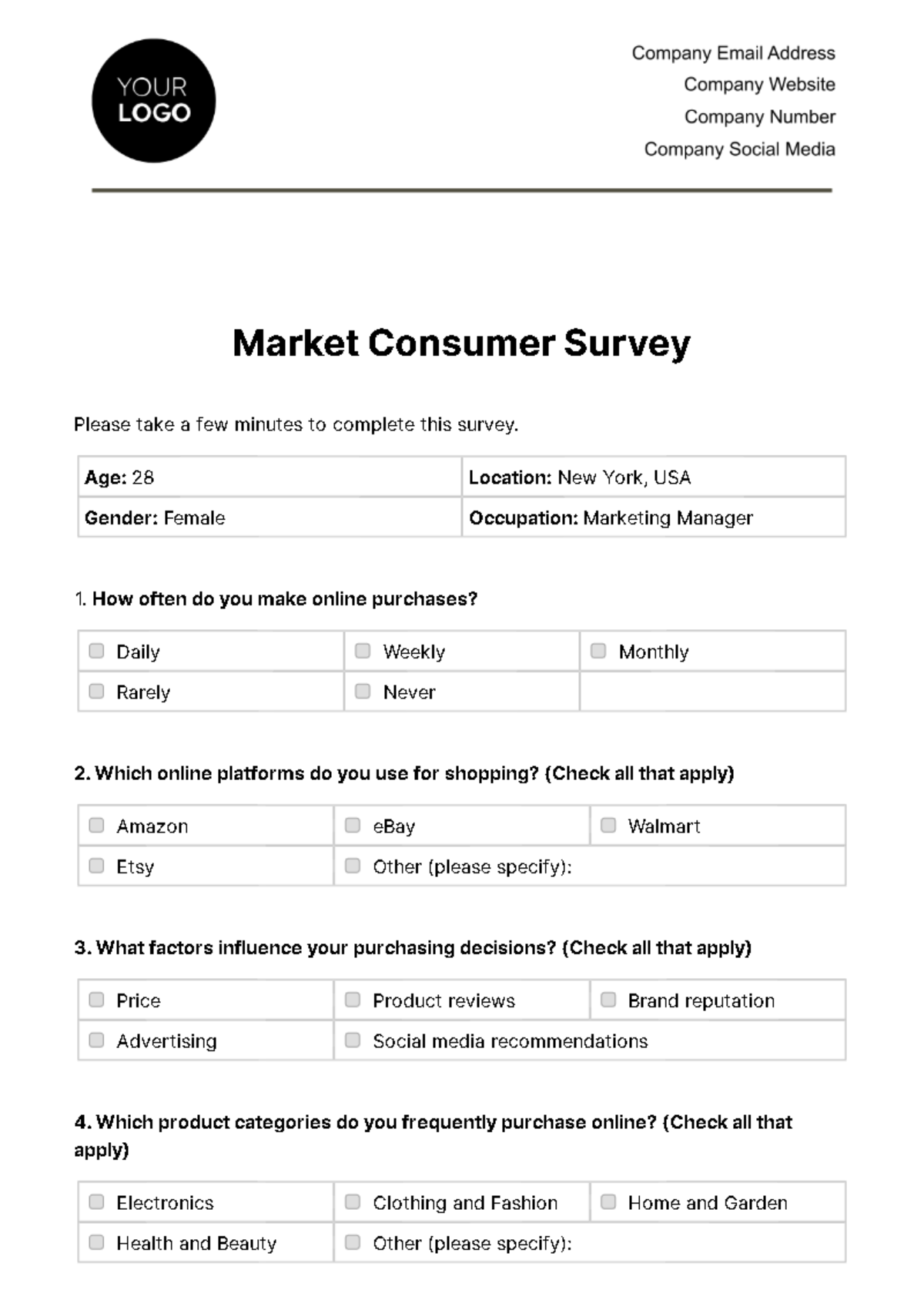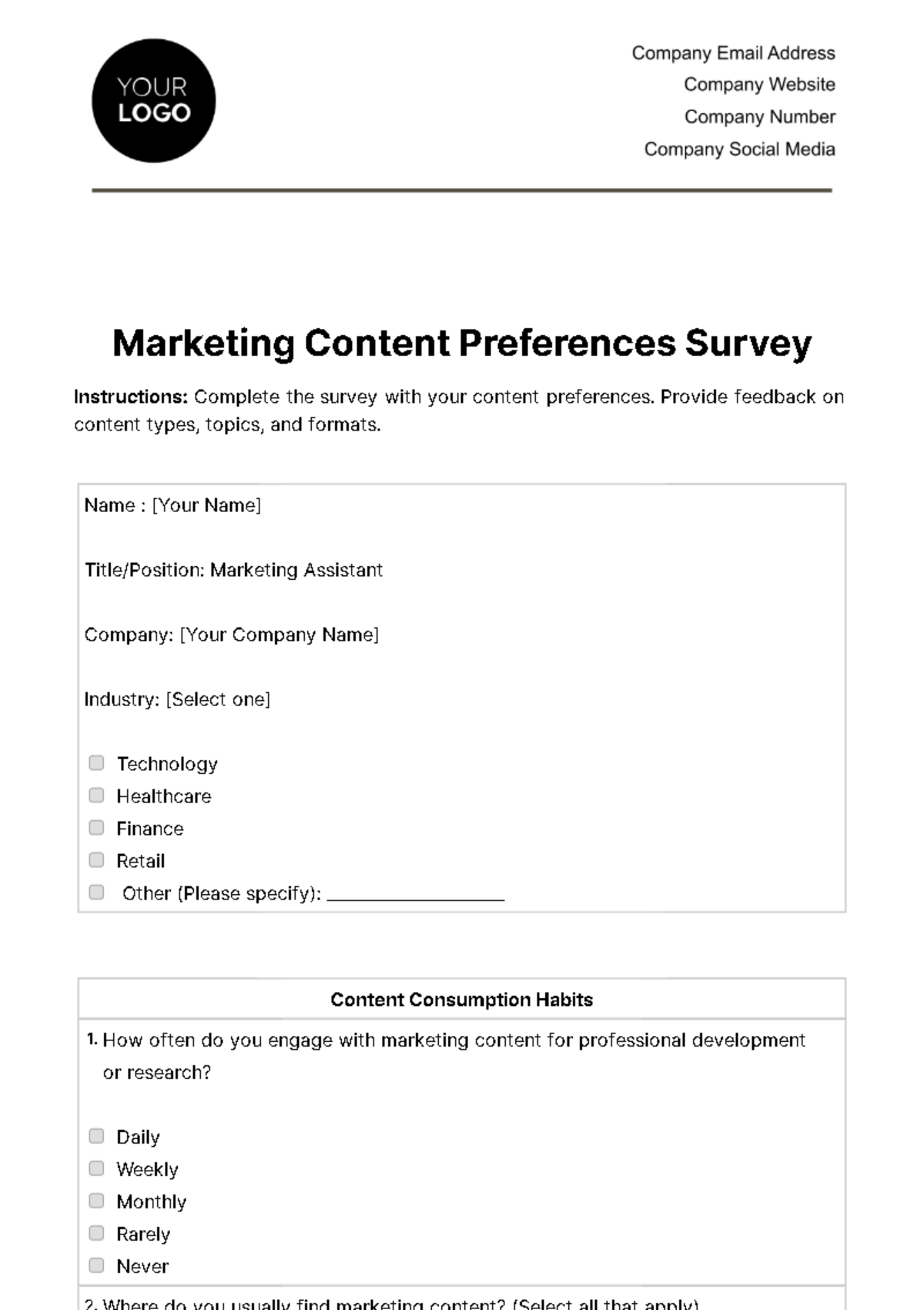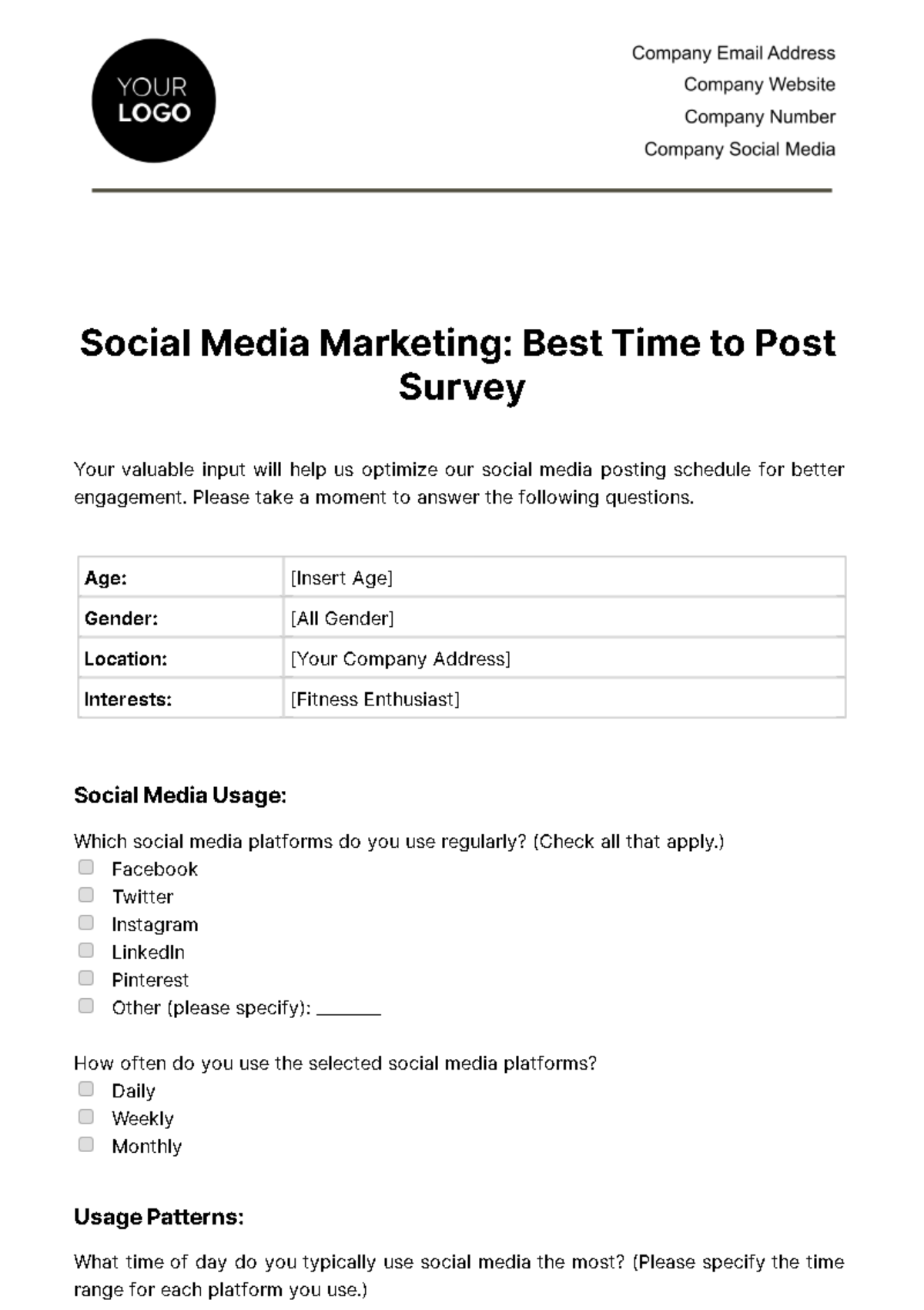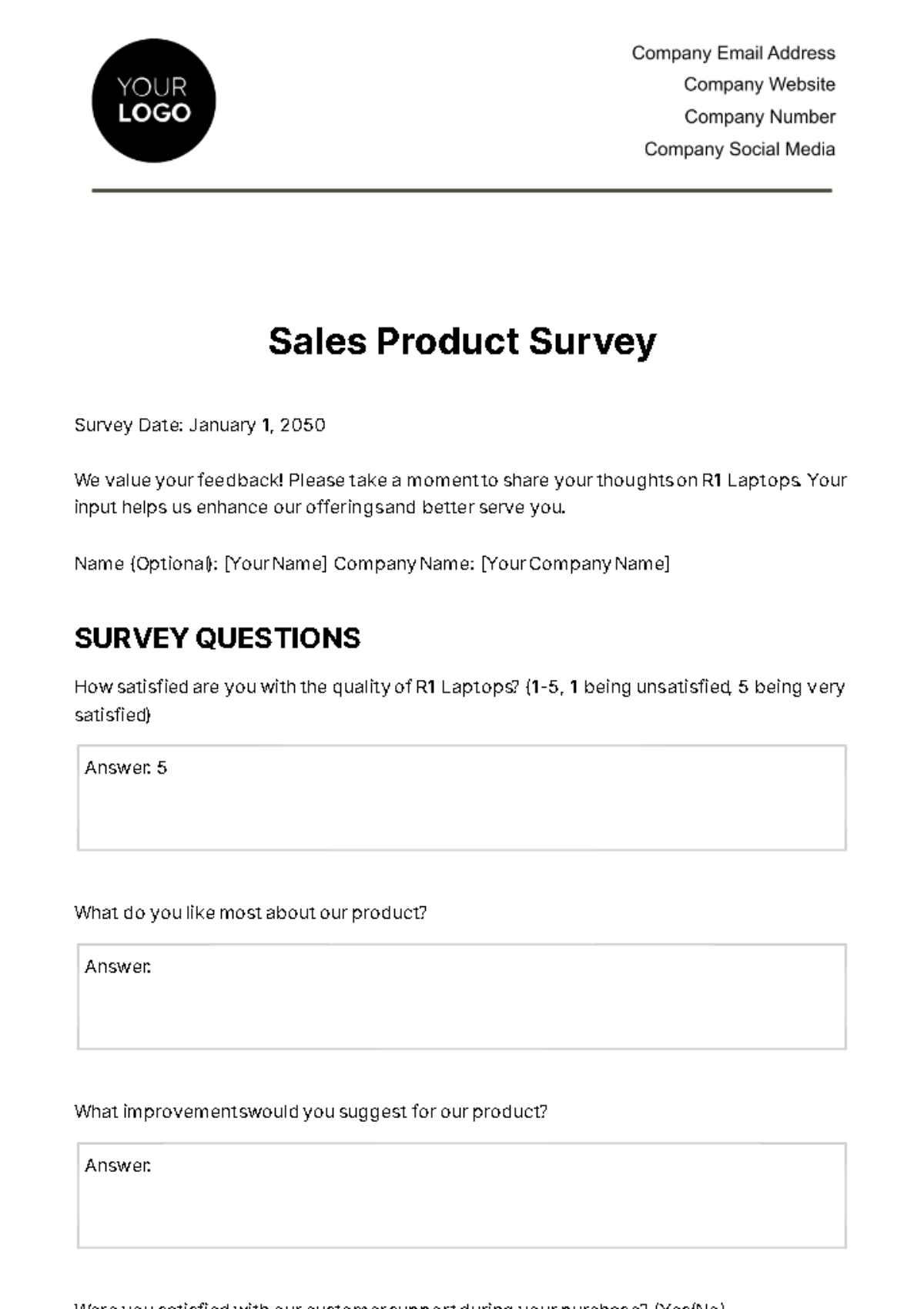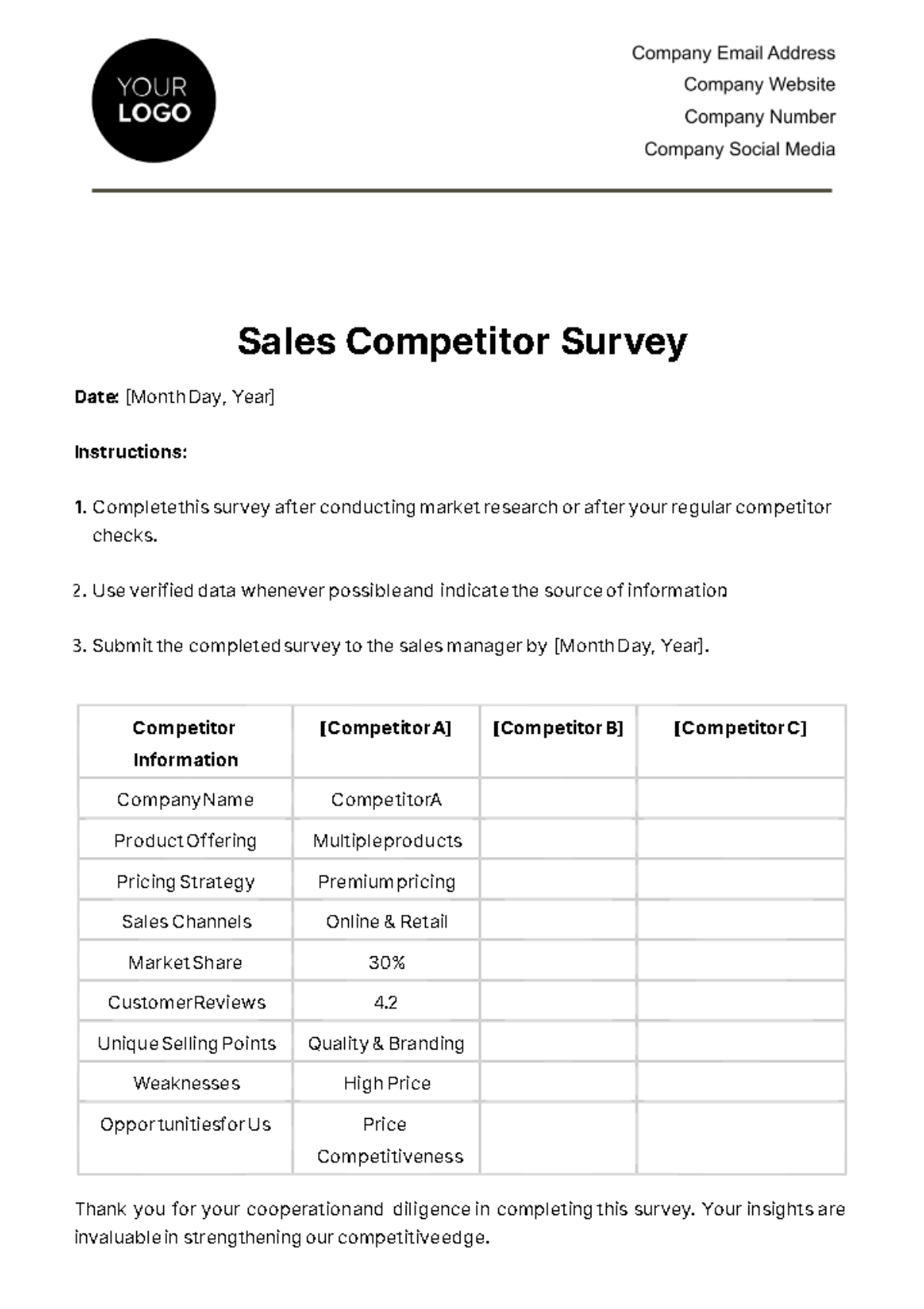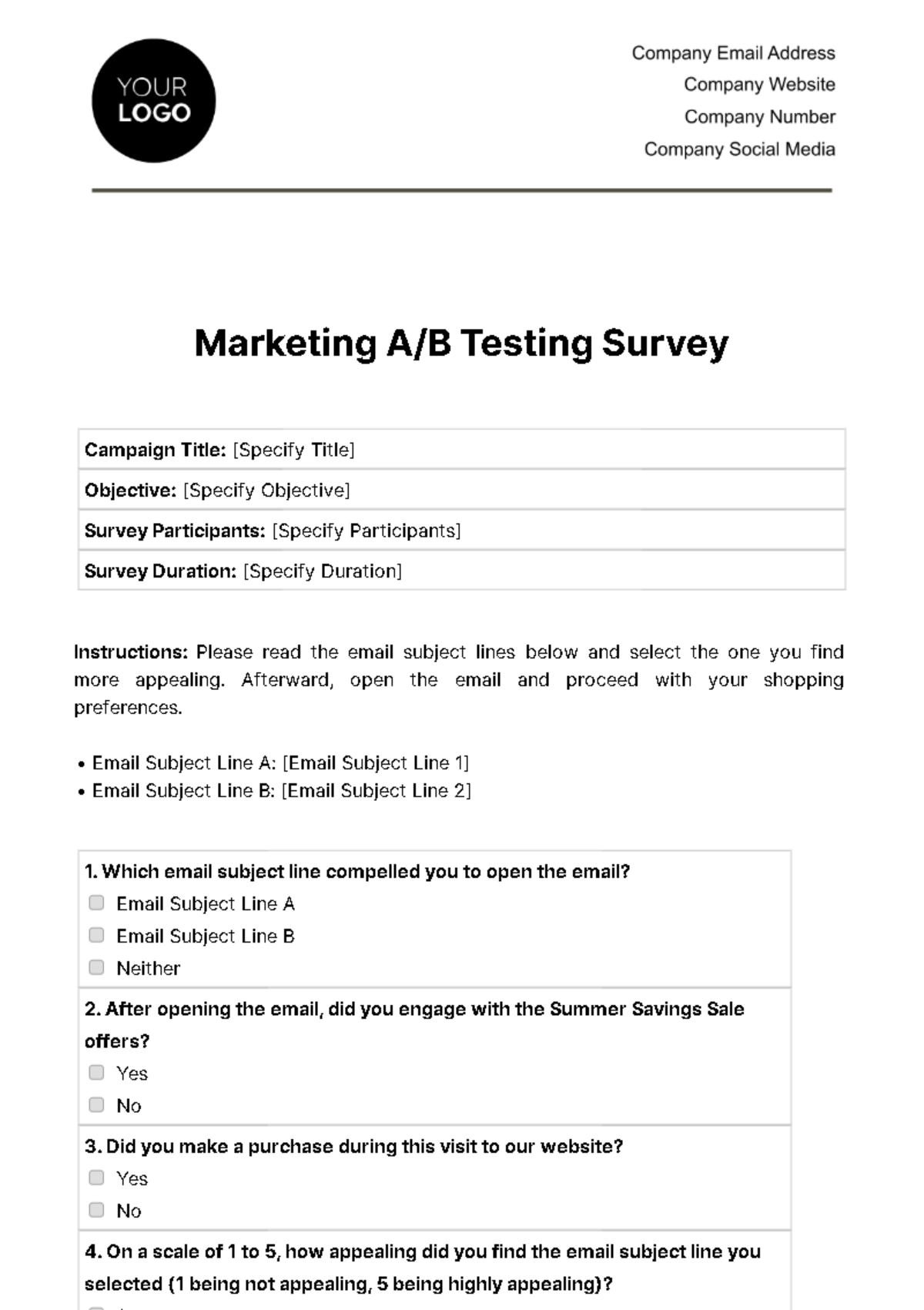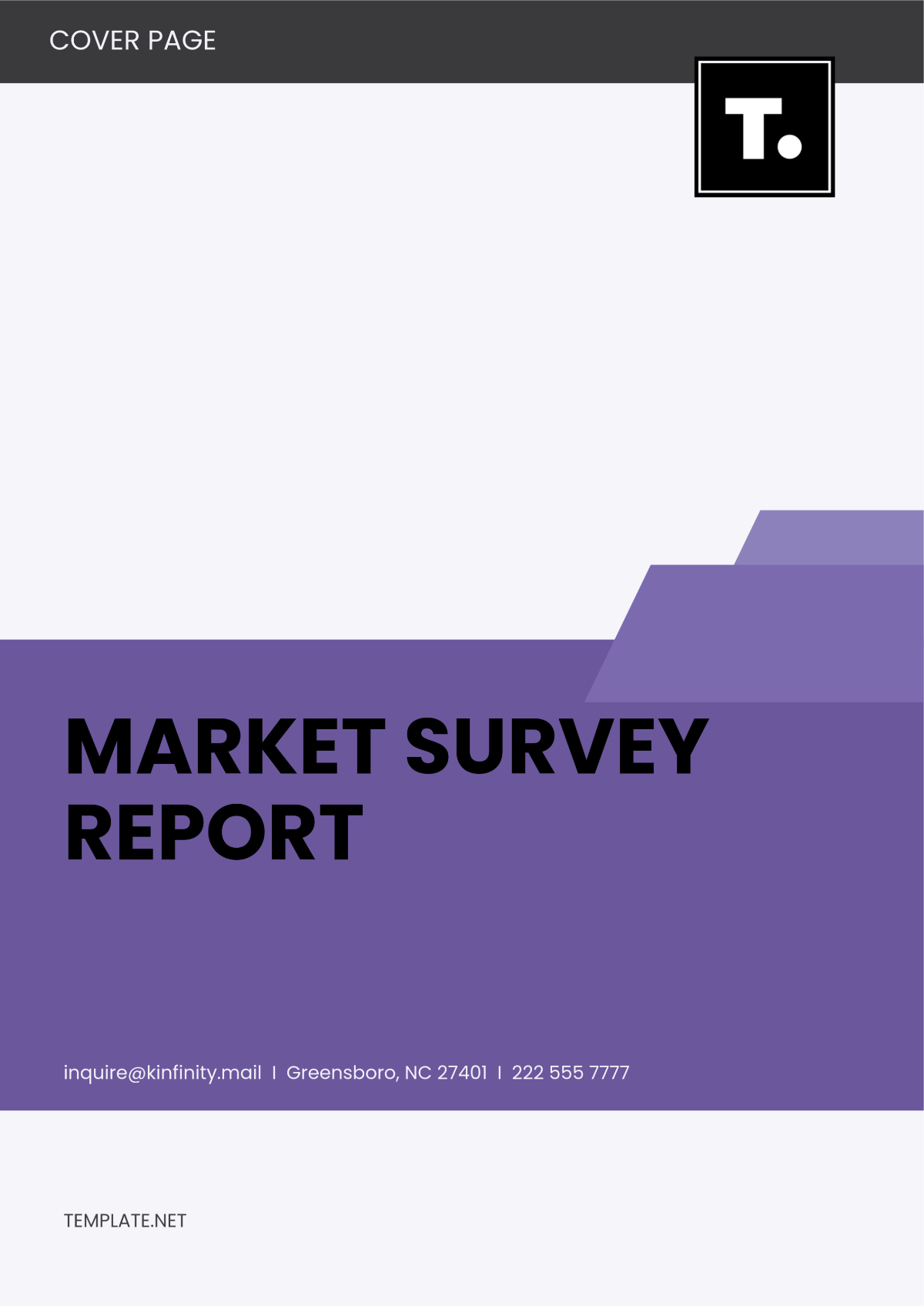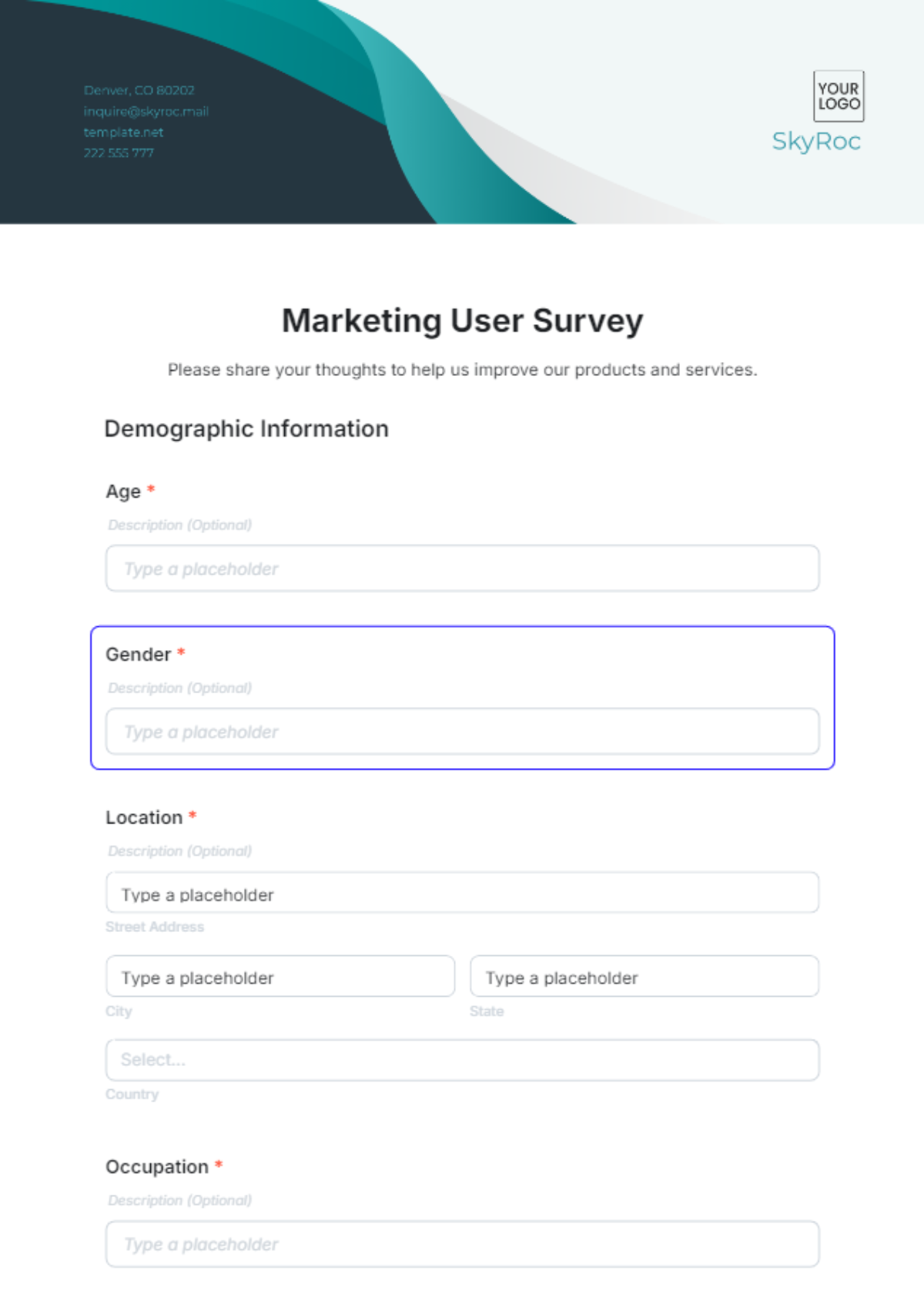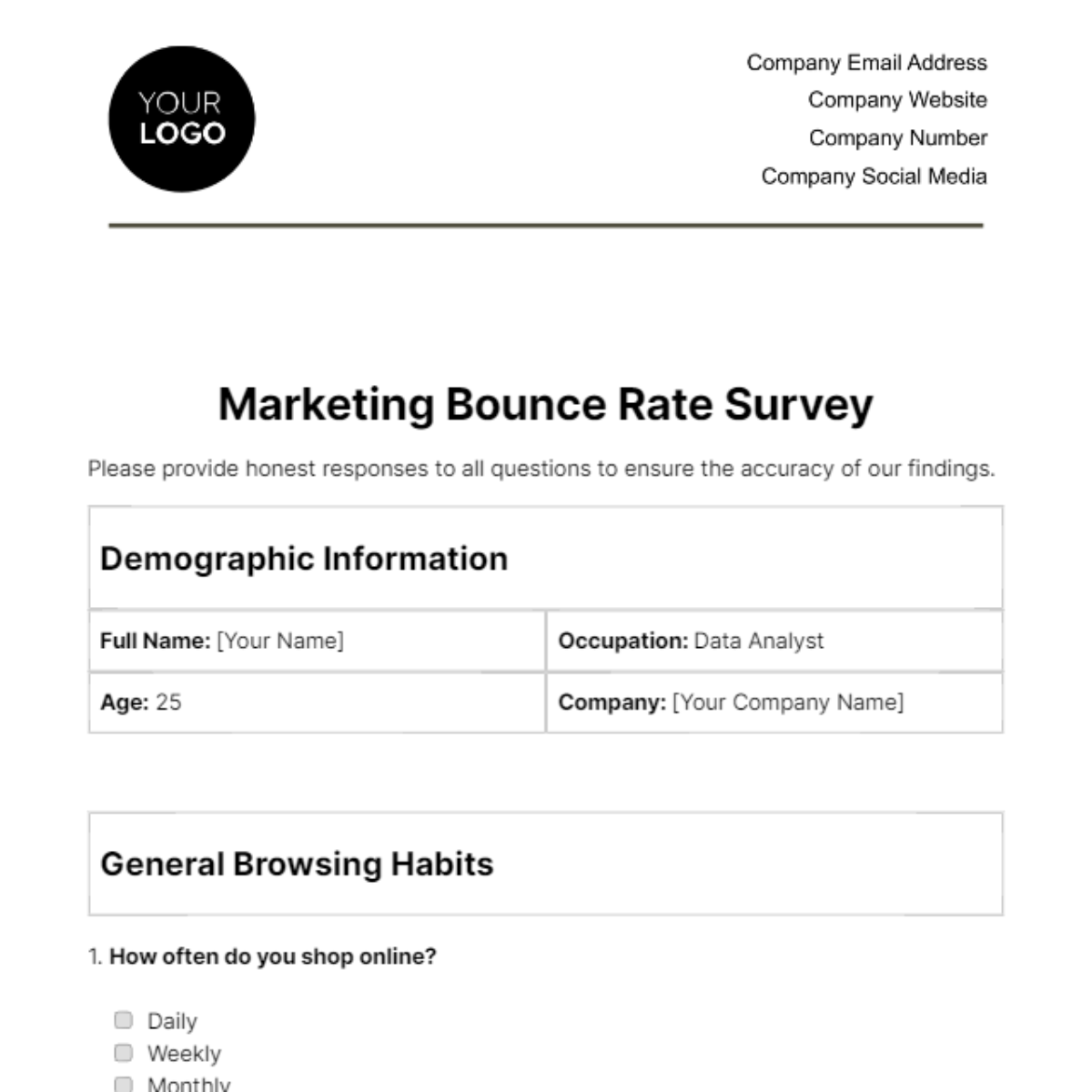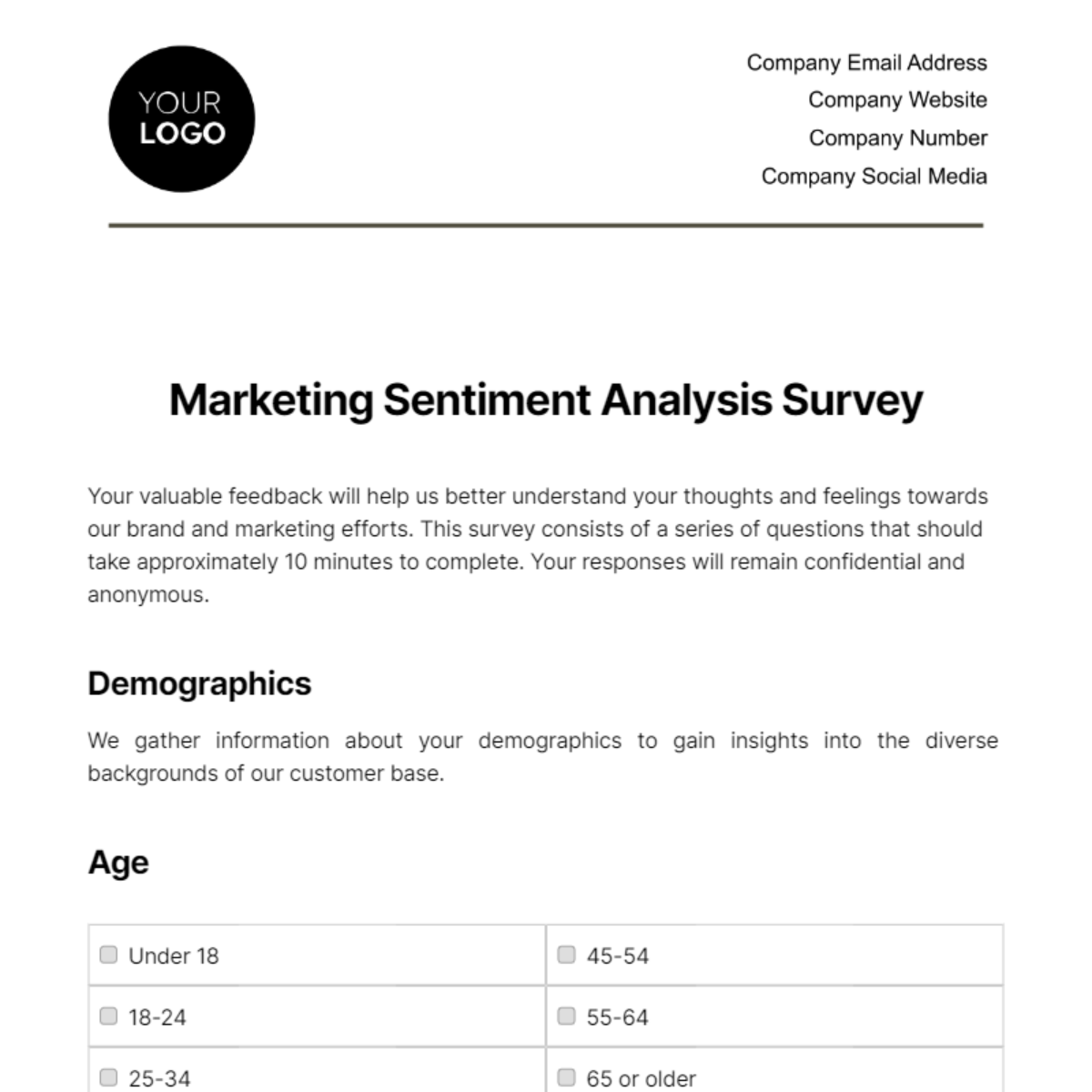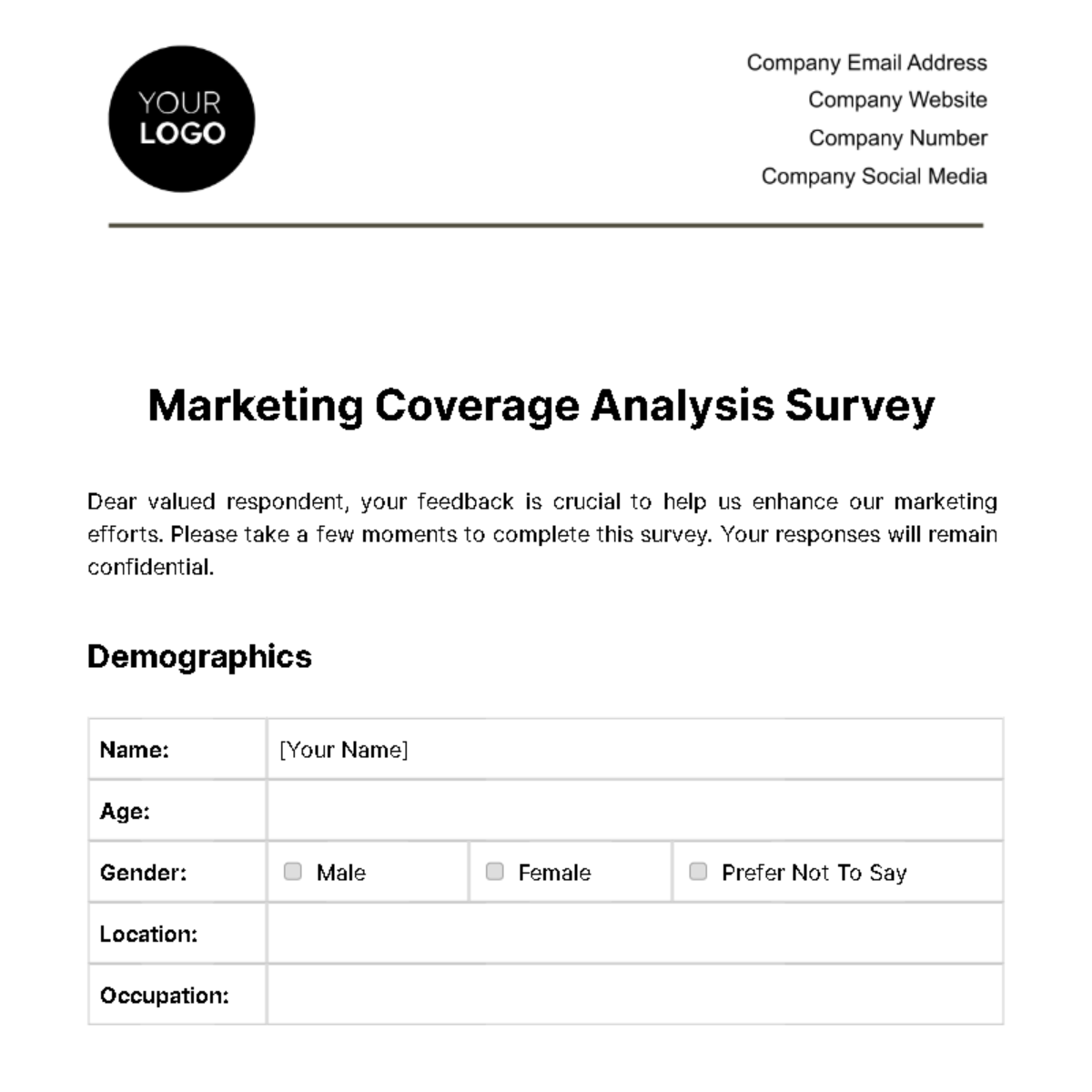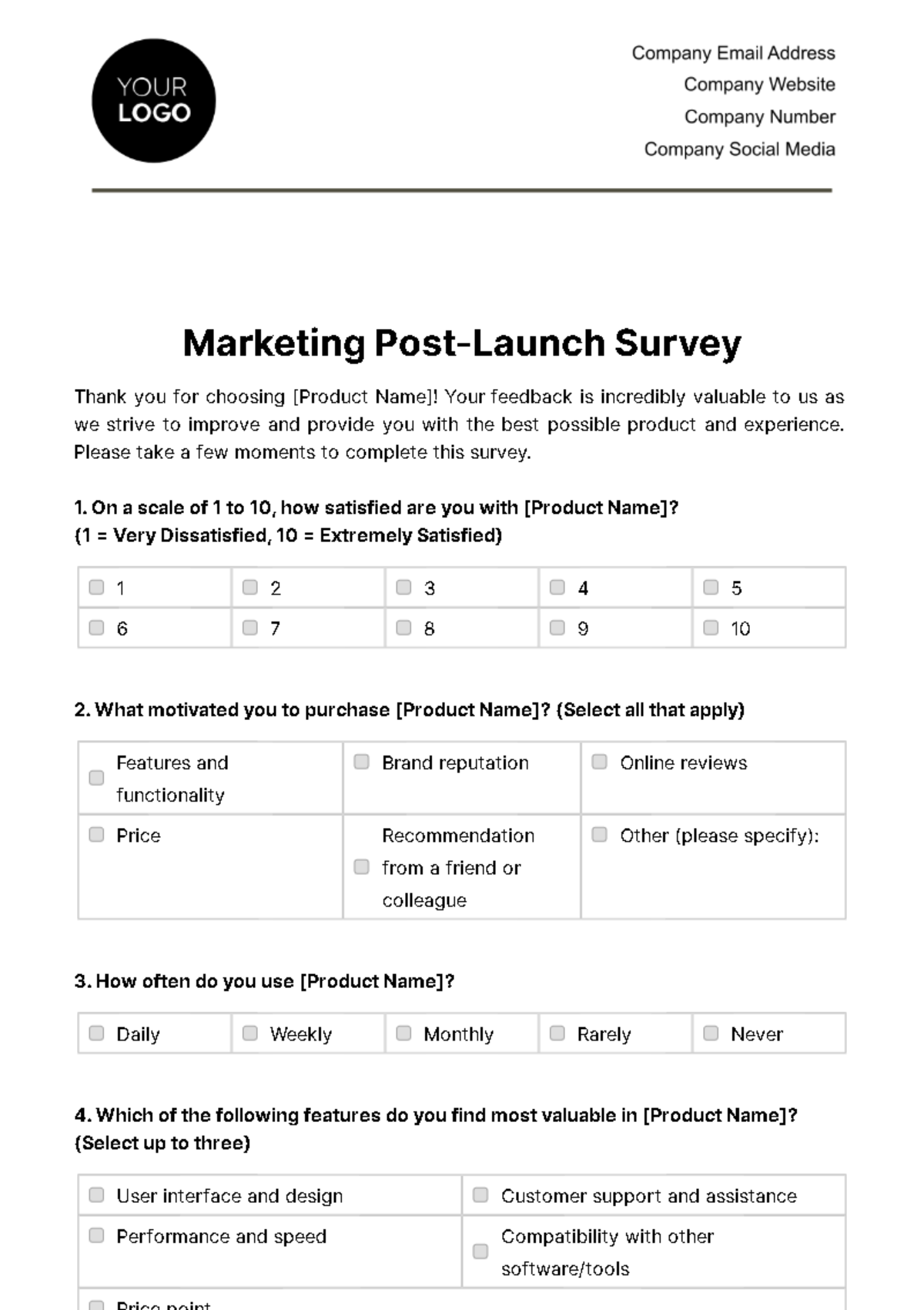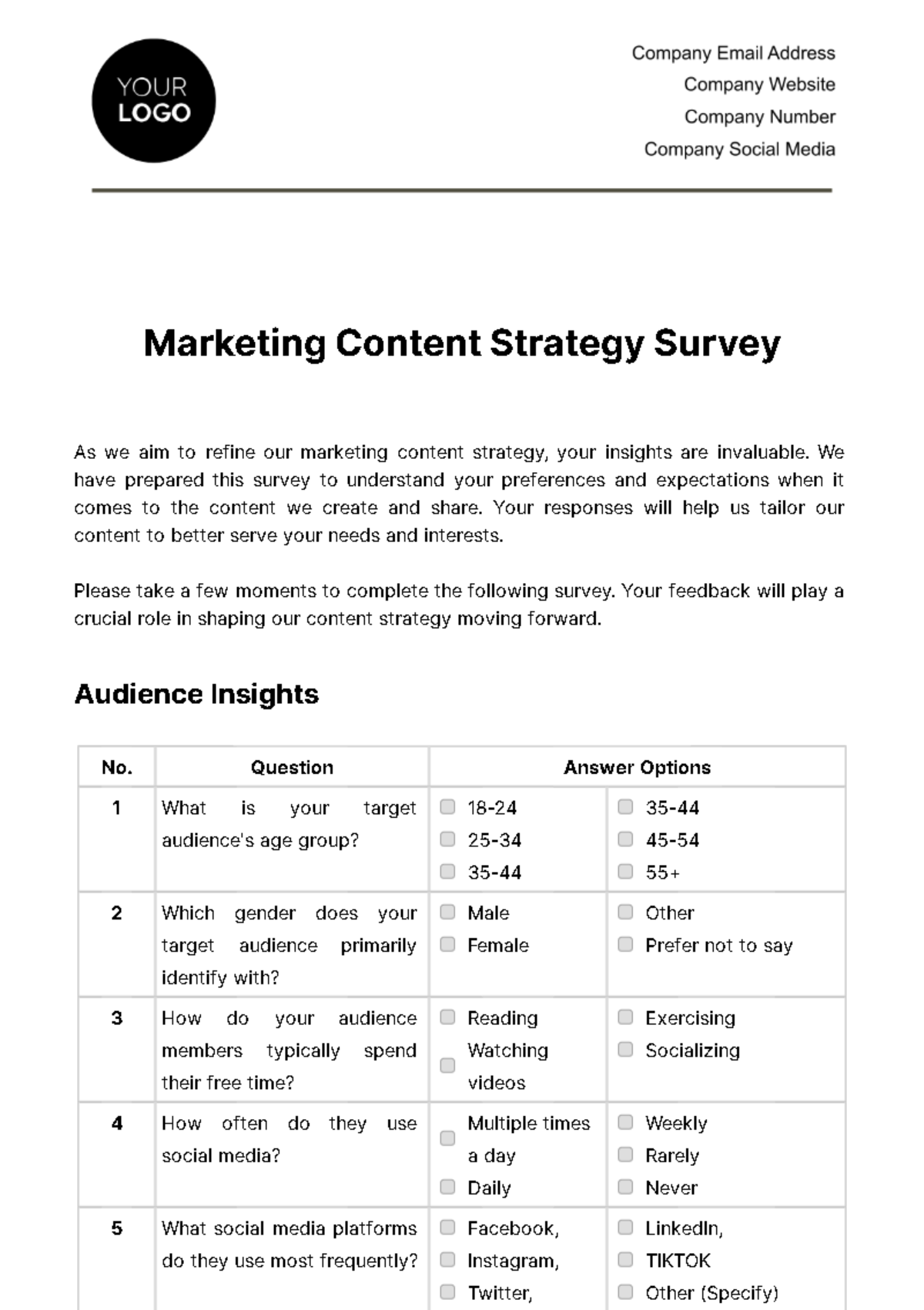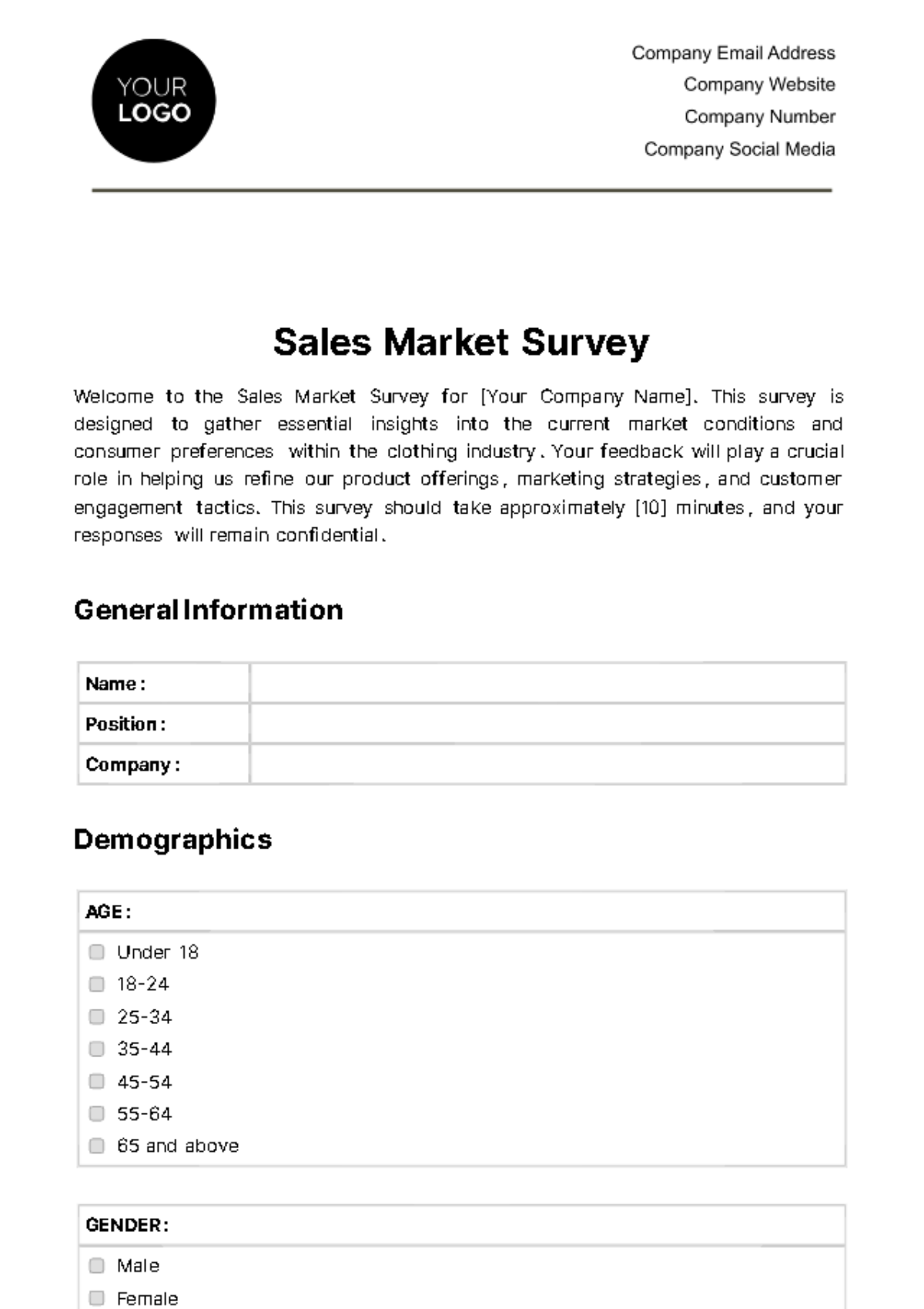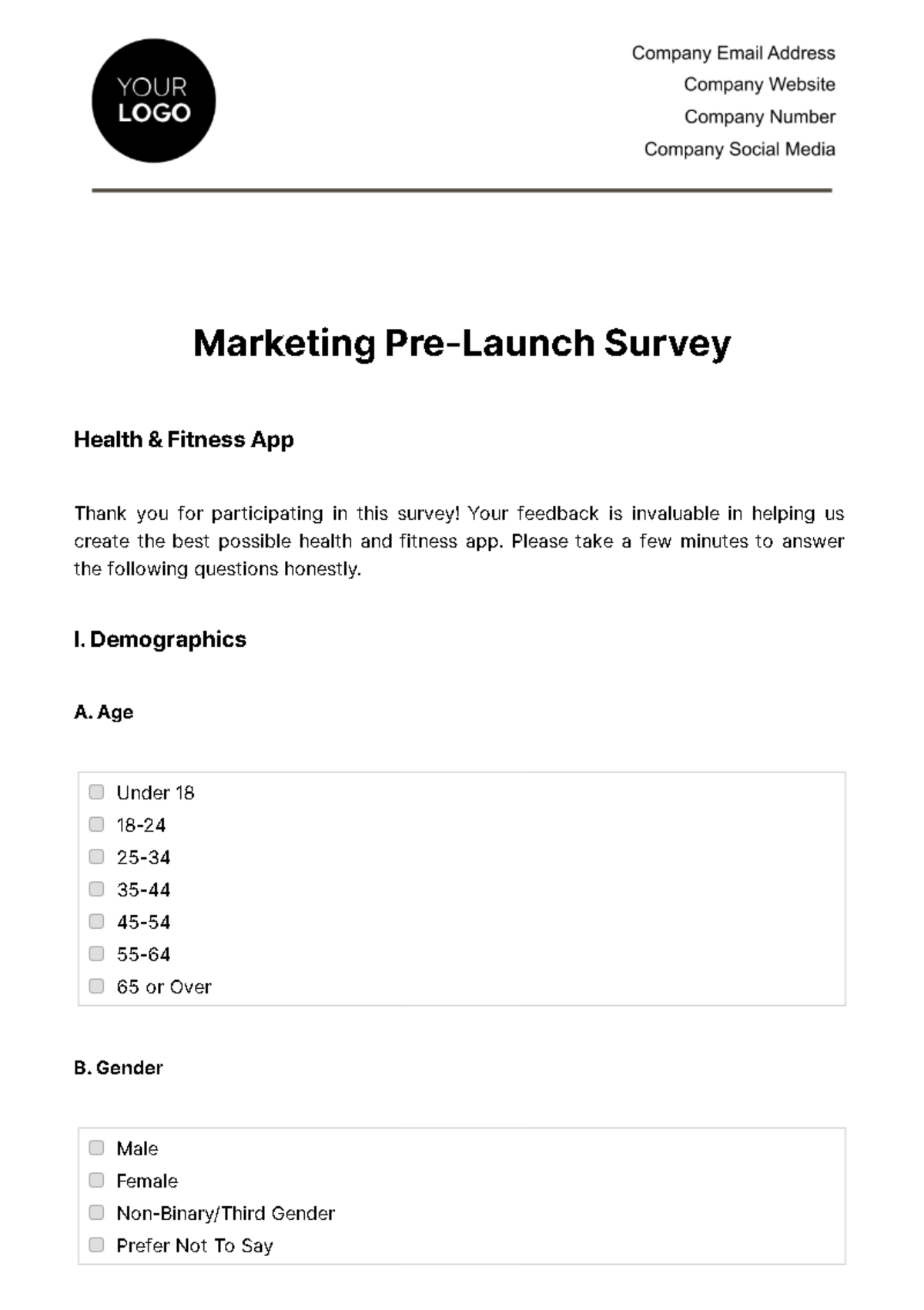Online Survey Quantitative Research
Quantitative research through online surveys is a structured method of collecting numerical data using digital platforms. This approach is essential for gathering quantifiable information on different topics, which can subsequently be analyzed statistically to identify patterns, trends, and insights. This research aims to provide a comprehensive understanding of the methods, benefits, and insights garnered from online survey quantitative research.
I. Introduction
Online survey quantitative research involves the systematic collection and analysis of numerical data. Unlike qualitative methods, which focus on subjective experiences and meanings, quantitative research emphasizes objective measurements and statistical analysis of data collected through digital surveys.
II. Methods
The process of conducting online survey quantitative research typically involves several key steps:
Designing the Questionnaire: This step involves creating a well-structured questionnaire with clear, concise, and relevant questions. Researchers should ensure that questions are designed to elicit numerical responses.
Choosing a Survey Platform: The selection of an appropriate digital platform for distributing the survey is crucial. Examples include SurveyMonkey, Google Forms, and Qualtrics.
Distributing the Survey: Surveys can be distributed through various digital means such as email, social media, or direct links on websites.
Collecting Responses: Researchers gather responses over a specified period. Ensuring a high response rate is vital for reliability.
Analyzing Data: The collected data is then analyzed statistically. Tools such as SPSS, R, and Excel are commonly used for this purpose.
III. Benefits
Conducting quantitative research through online surveys offers multiple advantages:
Efficiency and Speed: Online surveys can be distributed and completed quickly, saving time compared to traditional methods.
Cost-Effectiveness: Digital surveys eliminate the need for physical materials, reducing costs.
Reach and Accessibility: Online surveys can reach a broad audience, including diverse and geographically dispersed populations.
Automated Data Collection: Digital platforms often provide automated data collection and initial analysis features, enhancing accuracy and efficiency.
Anonymity and Confidentiality: Respondents may feel more comfortable providing honest answers when surveys are conducted online, and anonymity is ensured.
IV. Case Study: Implementation of Online Survey Quantitative Research
A recent study conducted by Smith University utilized an online survey to analyze the impact of remote learning on student performance during the COVID-19 pandemic. The research process entailed the following:
Step | Details |
|---|---|
Designing the Questionnaire | Developed a structured questionnaire with multiple-choice and Likert scale questions. |
Choosing a Survey Platform | Used Google Forms for its ease of use and accessibility. |
Distributing the Survey | Distributed via the university email system and social media platforms. |
Collecting Responses | Collected responses from over 1,000 students within two weeks. |
Analyzing Data | Data was analyzed using SPSS, focusing on correlation and regression analyses. |
V. Statistical Analysis and Insights
The data collected through the online survey provided insightful findings:
A significant correlation was found between the availability of digital resources and student performance.
Students who reported higher levels of interaction with instructors also reported better academic outcomes.
Variation in performance was observed across different demographics, highlighting the need for tailored support mechanisms.
VI. Conclusion
Online survey quantitative research is a powerful method for collecting and analyzing numerical data. It offers numerous benefits including efficiency, cost-effectiveness, wide reach, and enhanced accuracy. Case studies illustrate the value of this research method in deriving meaningful insights and influencing decision-making processes. Properly designed and executed online surveys can provide a wealth of data that is crucial for understanding and addressing various issues in today’s digital age.
VII. References
American Psychological Association. (2050). Publication Manual of the American Psychological Association (7th ed.). Washington, DC: APA.
Smith, J. A. (2050). Conducting online survey research. Journal of Digital Research, 18(3), 102-115. doi:10.1234/jdr.v18i3.5678
XYZ University. (2050). Impact of remote learning on student performance during the COVID-19 pandemic (Research Report No. 2022-45). Retrieved from https://www.xyzuniversity.edu/research/reports/2022-45
